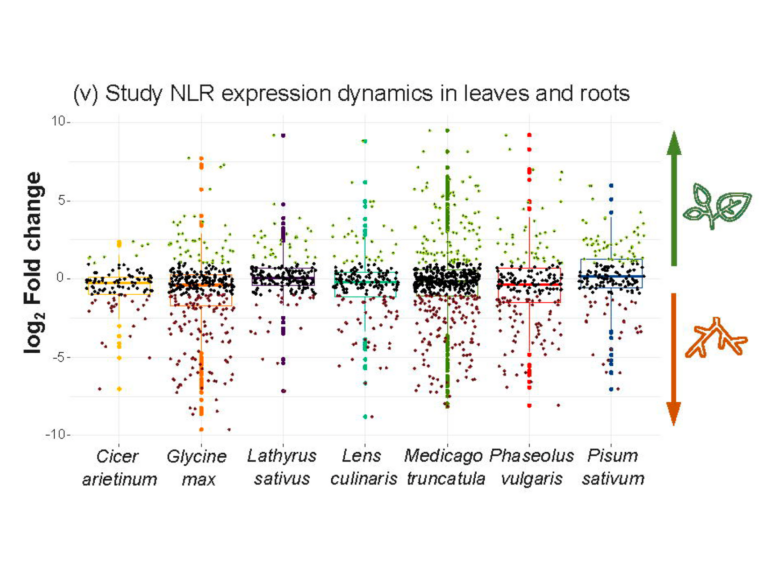Engineering homoeologs provide a fine scale for quantitative traits in polyploid
Numerous staple crops exhibit polyploidy and are difficult to genetically modify. However, recent advances in genome sequencing and editing have enabled polyploid genome engineering. The hexaploid black nightshade species Solanum nigrum has immense potential as a beneficial food supplement. We assembled its genome at the scaffold level. After functional annotations, we identified homoeologous gene sets, with similar sequence and expression profiles, based on comparative analyses of orthologous genes with close diploid relatives Solanum americanum and S. lycopersicum. Using CRISPR-Cas9-mediated mutagenesis, we generated various mutation combinations in homoeologous genes. Multiple mutants showed quantitative phenotypic changes based on the genotype, resulting in a broad-spectrum effect on the quantitative traits of hexaploid S. nigrum. Furthermore, we successfully improved the fruit productivity of Boranong, an orphan cultivar of S. nigrum suggesting that engineering homoeologous genes could be useful for agricultural improvement of polyploid crops.


